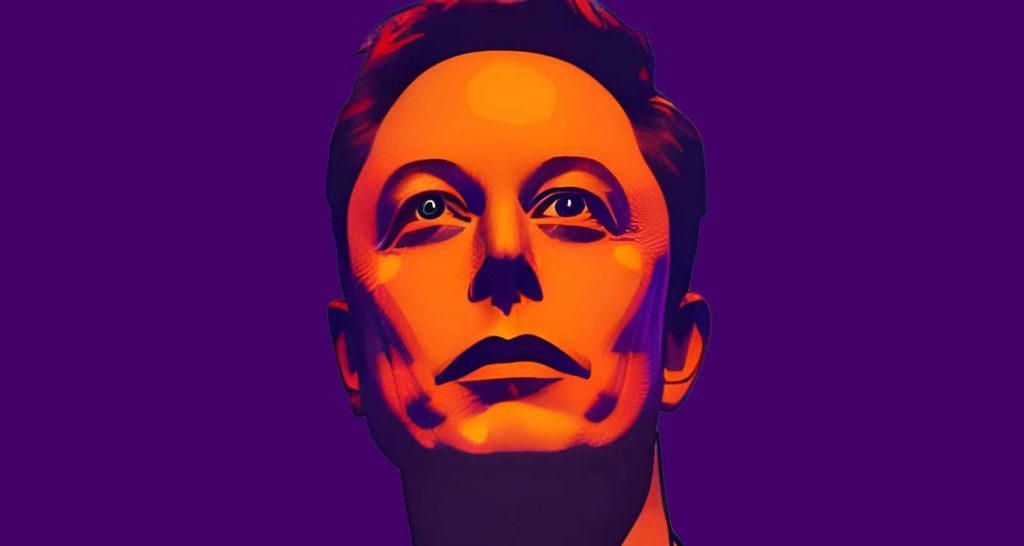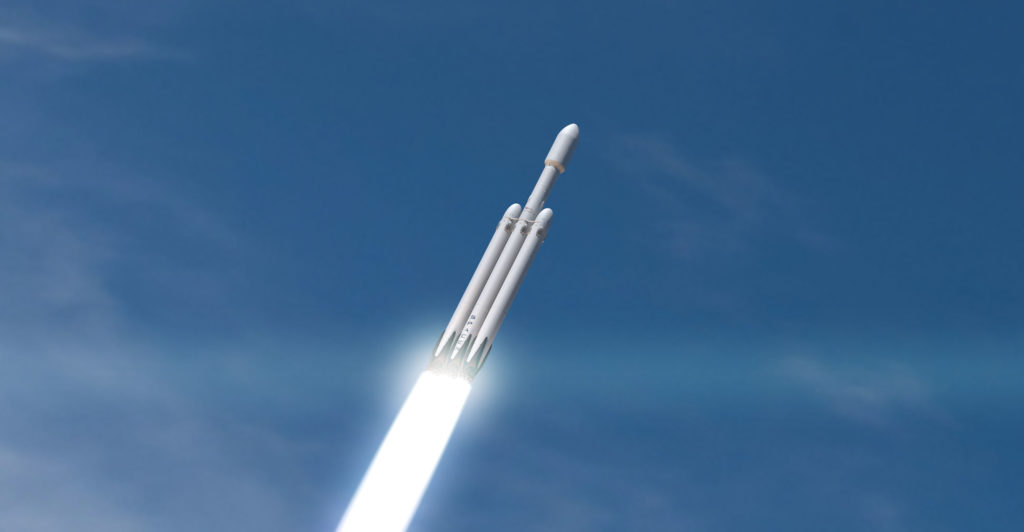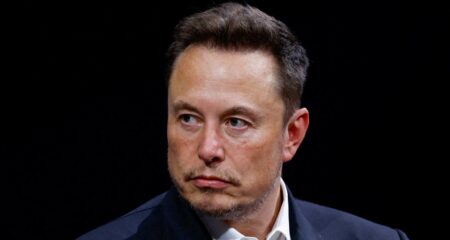Navigating space is hard. It’s expensive, complex, time-consuming and dangerous. And yet you have to hand it to Elon Musk: his SpaceX firm makes it look easy.
SpaceX’s reusable Falcon 9 is today the world’s most flown rocket, a milestone in bringing down the cost of space transportation. It gives SpaceX a de facto monopoly on launch missions slinging payload like satellites into orbit. And that dominance extends to its own Starlink satellites, 6 000 of which orbit the Earth, offering high-speed internet almost anywhere.
You don’t need to believe in Musk’s visions of humanity on Mars or (not-very-autonomous) robot bartenders to see the power of vertical integration at work; especially after Sunday’s unprecedented “chopsticks” manoeuvre to recover the Starship rocket booster that’s heralding even cheaper launches ahead.
Musk’s rivals from Jeff Bezos to China are far behind, but it’s Europe where space especially looks like a theatre of cruelty. The continent that once dominated commercial satellite launches with its Ariane programme — a symbol of industrial policy akin to Airbus — has lost its lead after initially mocking Musk and has even had to rely on SpaceX for blastoffs in recent years.
Meanwhile, establishment satellite firms Eutelsat Communications and SES have been eclipsed by the likes of Starlink and hurt by reliance on fading legacy businesses like beaming TV channels into homes in the age of Netflix. Painful restructuring is a theme: Eutelsat and SES have merged with rivals and Airbus is planning as many as 2 500 defence and space job cuts. “The need for a major leap is becoming more pressing,” according to think-tank Ifri.
This is far more serious than your average Nokia vs Apple case study of European tech decline. Space is highly geopolitical, as Americans will recall from the Cold War. Starlink terminals have proven critical on the battlefield in Ukraine but also stoked doubts over whether Musk is doing enough to crack down on their illicit use by Russian forces.
Leverage
Musk has also appeared to use Starlink as leverage, such as when the service told Brazil it wouldn’t comply with a requirement to block access to Musk’s social media platform X. (It later complied.) For the EU to accept dependence on SpaceX in a US$630-billion global space economy, where China is also resurgent, is a risk: it assumes Musk will always “come in peace” despite his four-letter invectives against EU regulators and his pal Donald Trump’s trade barbs.
Brussels’ technocrats, as always, have some ideas on how to catch up — but there are so many issues it’s hard to know where to start. The Mario Draghi report on European competitiveness offers as many as 10 proposals, from promoting space start-ups to cutting complexity in the EU’s fragmented governance of space. The EU has also proposed a new satellite constellation project called IRIS² as a way to spur investment; yet while more government spending could be a driver of demand for the likes of Eutelsat, reckons Bloomberg Intelligence analyst John Davies, the project has been delayed. There are also concerns about political willpower at a time when countries including France and Italy are engaged in fiscal belt-tightening. Meanwhile, Europe still lacks the key ingredient of its own reusable launcher and an integrated business like Starlink to go with it.
What’s missing, in my view, is something simpler: a moonshot vision that would enlist investors, entrepreneurs and regulators to deliver what Europe has traditionally done well, which is taxpayer-funded public service at low cost. Why not aim to compete with Musk by delivering an internet connection from anywhere at an affordable price — $50/month or less versus Starlink’s $100/month, for example?

The target market of areas underserved or unserved by other connections would be small at about five million households in Europe. But it could go global and compete with Starlink, whose revenue is estimated to have gone to $6.6-billion from zero in four years. People on the move, remote workers, vacationers and ultimately the military would benefit from a dependable connection that isn’t tied to a mercurial US tech billionaire.
The advantage would be clarity on the why and the how of getting back into the space race at a time when voter frustrations are rising and every euro counts. Back-of-the-envelope estimates by economist Francesco Nicoli, a visiting fellow at the Bruegel think-tank, suggest that approximately $12-billion (less than 0.1% of EU GDP) would be needed over seven years to get to this “European Starlink”.
Watch: SpaceX catches giant Starship booster
Half of that sum would go towards reusable launchers; the rest would go to developing and launching satellites. There would no doubt be pushback from many quarters including telecommunications operators who don’t want more competition and who aren’t convinced by the market viability of satellite connections. But ideally, they could be brought on-board. The last thing Europe needs is another missed opportunity driven by sceptical incumbents.
As always with space, the risks are high — but so are the dangers of staying on the launchpad. If Musk’s rivals can’t sell the earthly benefits of getting ahead in the space race, expect more silent screams. — (c) 2024 Bloomberg LP





